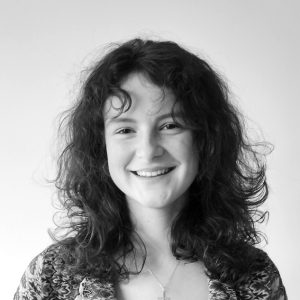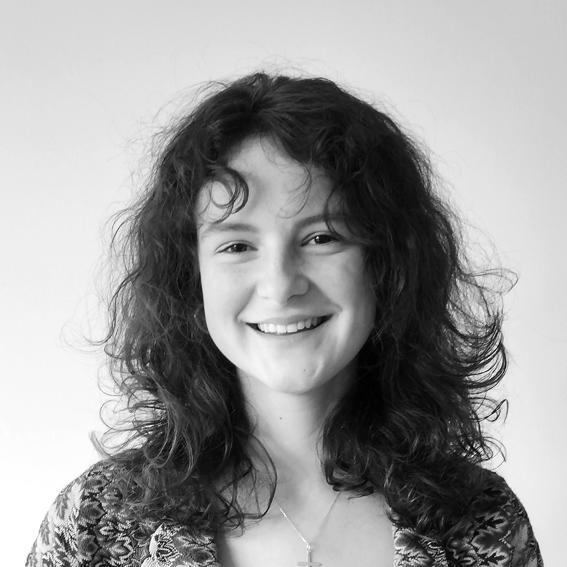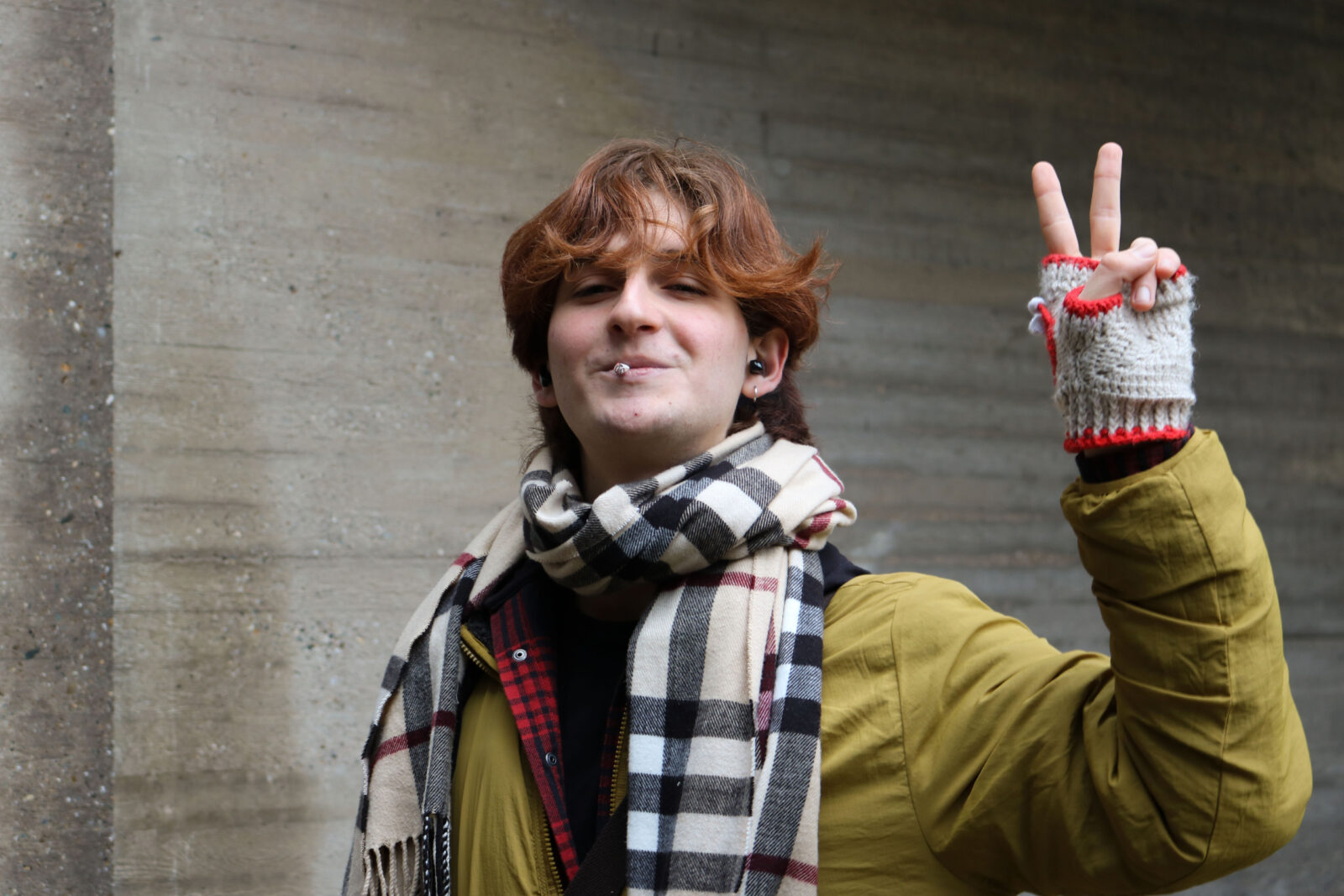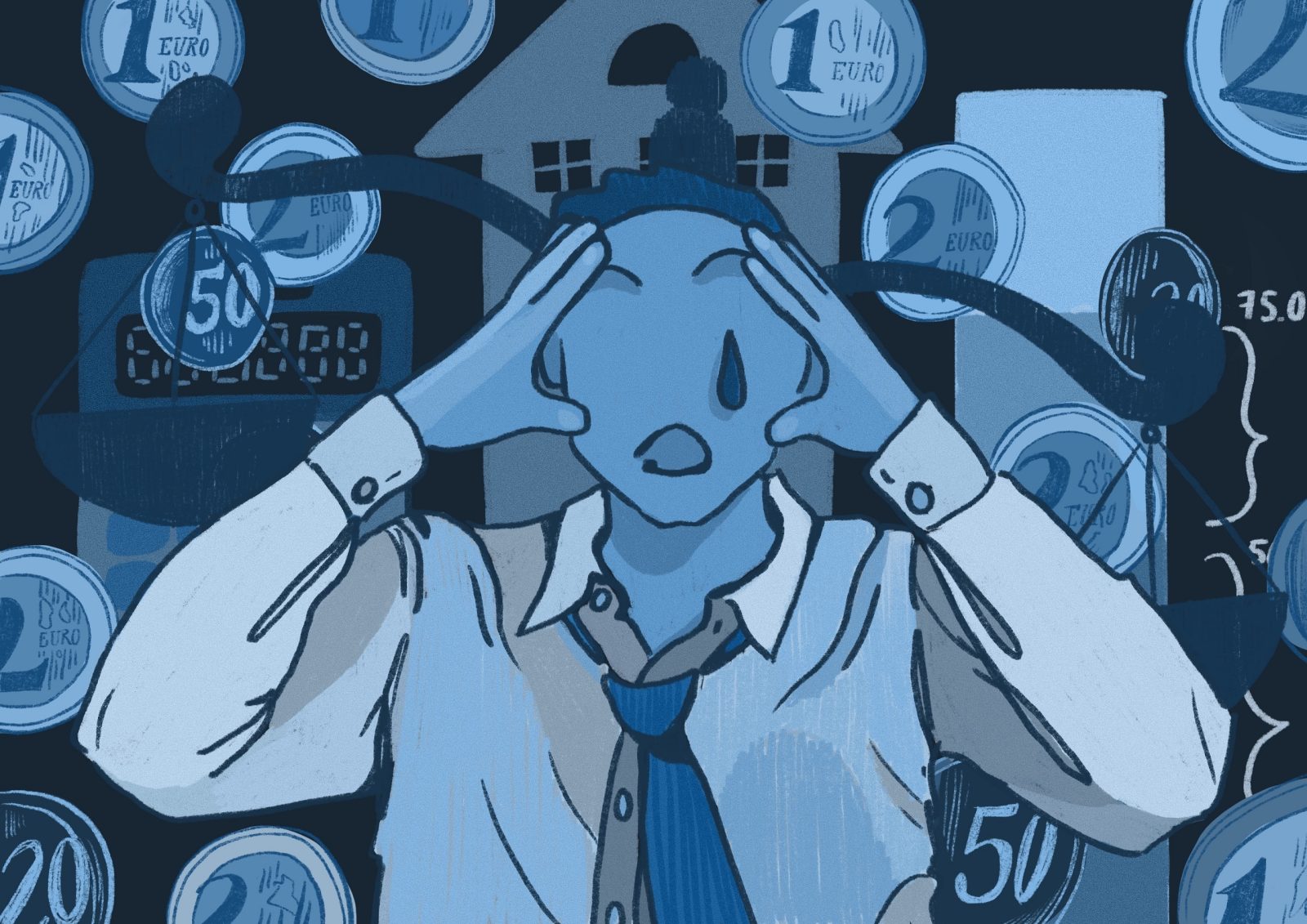Student societies focus on sex education during initiation
New members of Laurentius, RSC/RSV and Skadi were given workshops on consent and sexuality during their introduction activities. By offering these workshops, student organisation GELIJKSPEL aims to foster discussion on sexual etiquette in the most accessible way possible. ‘The more we talk about it, the easier it gets.’
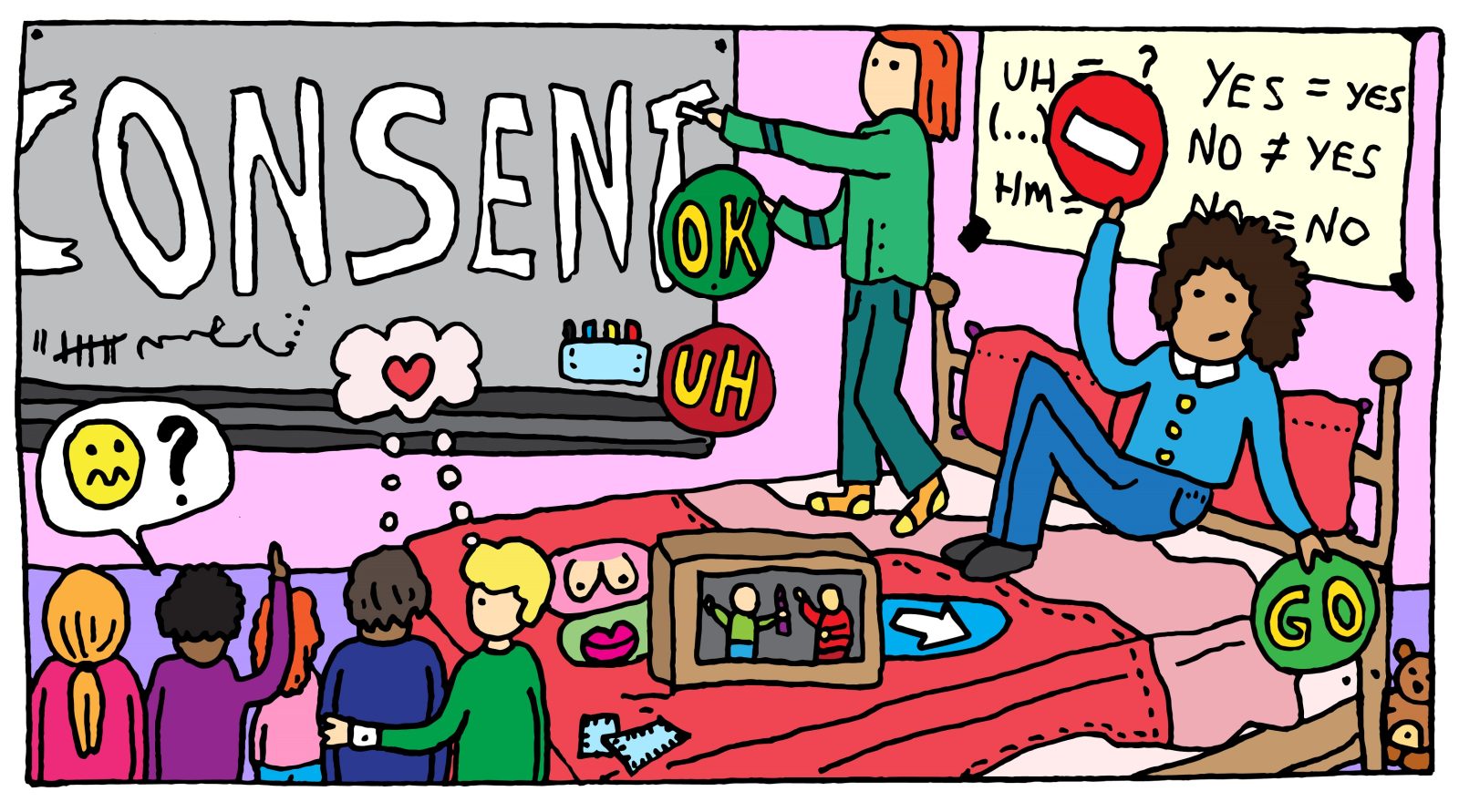
Image by: Pauline Wiersema
‘GELIJKSPEL was set up to give students tools that enable them to better navigate the issue of sex’, explains Josephine Nap. She led the workshops at the societies, together with three of the six other ambassadors from the new student organisation.
Slut shaming
During the workshops, the ambassadors go over a number of scenarios with the students. ‘We discuss situations that almost every student has experienced at some point’, Nap says. ‘For example, what do you do if a fellow student calls someone a slut?’ The scenario is discussed, and then the students are given a ‘rule of play’.
According to Nap, the rules represent correct etiquette for the ‘game’ of sex. ‘These rules are the metaphor we use. They can include anything, like: confront someone about disrespectful language.’ Specific incidents are not discussed during the workshops. ‘We mostly provide tools. It isn’t productive to point fingers. We start from scratch and talk to the students about how they want to treat each other.’
Break during initiation week
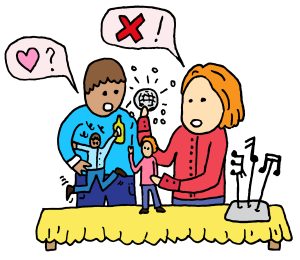
Image by: Pauline Wiersema
EUC student Gilles Luyendijk served as president of Skadi last year and was immediately enthusiastic about the idea of GELIJKSPEL: ‘When we got the phone call, I actually thought: perfect timing.’ Skadi has been working to create a safe sports climate for a long time. ‘It’s a shame, of course, but that atmosphere in which not everyone treats each other with respect still exists. We also have confidential advisers for when unpleasant incidents occur, but I thought it would be good to focus more on prevention. It’s nice to go through the rules together in an informal way.’
He also attended the workshop himself: ‘I was really curious. They started with a video in which asking for consent for sex was compared to offering a cup of tea. Very well explained and an apt comparison: you wouldn’t give tea to someone who’s already asleep, for instance. For the first-year students, it was also a nice break during the busy initiation week.’
Society culture
The Amsterdam student society made headlines this summer following misogynistic statements. This reignited the debate on the culture within student societies. According to Luyendijk, the incident was not a direct reason for inviting GELIJKSPEL, but he acknowledges that there can be disrespectful behaviour within societies: ‘I don’t think it’s that bad at Skadi, but the hierarchical culture can lead to unpleasant situations more easily within this type of association than elsewhere. We’ve been working for some time to make the association more inclusive. A few years ago, for example, it was a lot less unusual to call someone a term like ‘gay’, but now you will be held accountable for that. The incident in Amsterdam was nevertheless a reminder that we need to be working on this. Things can still be improved.’
Nap, an RSC/RSV member herself, doesn’t believe the culture problem is unique to student societies. ‘Sexually transgressive behaviour happens everywhere.’ GELIJKSPEL doesn’t just focus on social associations, either. ‘We want to reach as many students as possible.’
Read also
-

Transgressive behaviour in student societies: ‘The closed culture doesn’t help’
Gepubliceerd op:-
Student life
-
Room for improvement
Luyendijk is positive about the workshop and the developments within Skadi: ‘Members often stay with us for one to three years. As a result, the association changes over the years. So if we can teach first-year students good sexual etiquette now, it will only have a positive impact in the future.’ At the same time, he says that cultural change doesn’t always go smoothly. ‘Skadi was enthusiastic about this offer, but other associations didn’t exactly have the same response.’ According to him, there is still room for improvement.
Nap thinks there should be more space for discussions about sexuality and etiquette, and will continue pursuing the mission of GELIJKSPEL: ‘You can see that people are uncomfortable with it at first, but the more we talk about it, the easier it gets.’
De redactie
Latest news
-
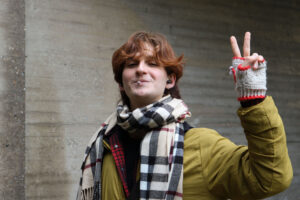
University calls on people to remind smokers, security guards don’t send smokers off campus
Gepubliceerd op:-
Campus
-
-

What do the new European housing plans mean for students?
Gepubliceerd op:-
Campus
-
-

Makeover for Erasmus Magazine: new and more accessible website is live
Gepubliceerd op:-
Campus
-
Comments
Comments are closed.
Read more in student life
-

Thirza combines eight patterns
Gepubliceerd op:-
Dress code
-
-

Fight at the VU, university newspaper had previously reported suspect to the police
Gepubliceerd op:-
Student life
-
-

Will 2026 be a more expensive year for students?
Gepubliceerd op:-
Student life
-
